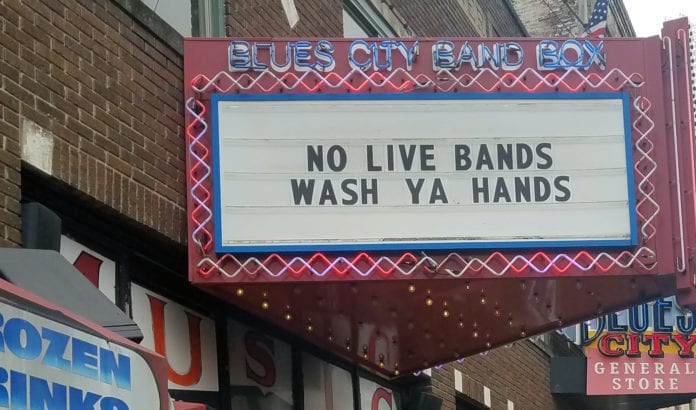“The single most important thing you can do to avoid the virus is reduce your face-to-face contact with people,” said Dr. William Schaffner, a Vanderbilt University professor and longtime adviser to the Centers for Disease Control and Prevention (CDC).
As the coronavirus makes its way around the globe health officials and politicians statewide and worldwide are declaring emergencies.
In an effort to contain the coronavirus pandemic The CDC recommended against any gatherings of 50 or more over the next eight weeks.
Many public schools, libraries, universities, places of worship, sporting and cultural institutions have shut down temporarily.
These measures are an attempt to enforce distance between people, better known as social distancing, a proven way to slow pandemics.
Yet, young adults still don’t seem to be taking social distancing seriously.
My Instagram account was filled with friends and colleagues at bars, restaurants, airports and other public gatherings this past weekend as if nothing had changed.
I attended the Soul Food Truck Festival, held in Memphis this past weekend.
I admit that before doing in-depth research, my mentality was “there is no fun in staying at home and being all worried.”
Once I realized the seriousness of the virus, I immediately canceled my flight to Florida that was scheduled for the end of this week and began taking precautions. (In a time when the coronavirus has decimated air travel, don’t be tempted.)
Statistically, millennials are more likely to be carriers for COVID-19 because there are more of us.
The U.S. Census Bureau projects that adults between the ages of 20 and 35 now make up the largest living population, surpassing the baby boomers. Young adults also are less likely to show symptoms, which means they are more likely to spread the coronavirus without realizing it.
I believe that there’s a lack of information about both the virus and what “social distancing” actually is and that is causing a bit of confusion.
Some people think “OK, no school, no work, let’s have a play date!”
Well, that’s not social distancing.
Social distancing is not the same as self-quarantine or isolation, two other practices being utilized to minimize the coronavirus spread.
This involves remaining out of congregate settings, avoiding mass gatherings and maintaining distance whenever possible to limit the ability of the virus to spread.
Other measures include working from home if possible, organizing meetings via video calls rather than face to face and avoiding unnecessary use of public transportation.
If you do have to be out and about, the World Health Organization recommends maintaining a distance of at least three feet between yourself and anyone who is coughing or sneezing. It is also recommended to avoid physical contact with others in social situations, including handshakes, hugs and kisses.
Since the transmission of the virus has continued across the U.S., there has been an influx of attention on social media to sway millennials to stay away from crowds.
Social distancing requires sacrifice. It’s time we take responsibility for our generation and the generations before and after us.
During this pandemic it will be important to follow any Public Health social distancing instructions or any other instructions or orders that may be given.
So please stay informed and plan ahead and prepare to hunker down for at least a month, possibly longer.
It is uncertain how long the pandemic will be ALL OVER TOWN.




